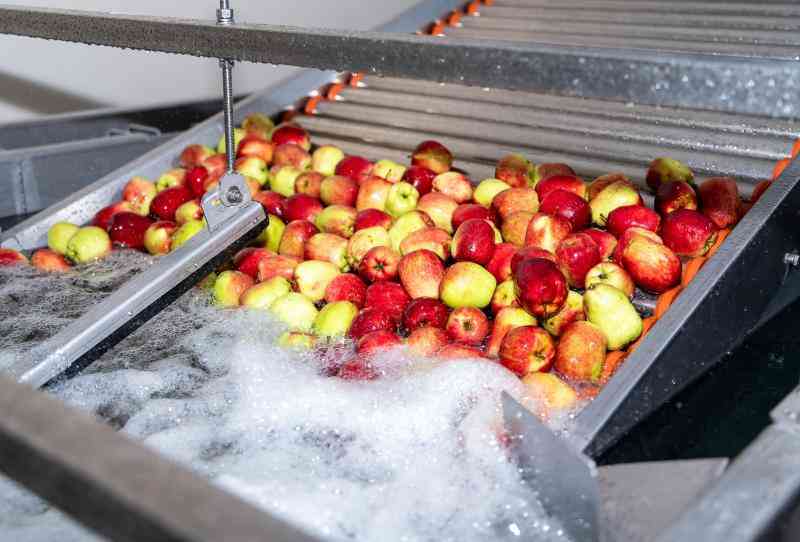×
The Standard e-Paper
Informed Minds Prefer The Standard

Kizito Akuta, a resident of Eastern Nigeria, found himself captivated by the world of apple farming two years ago when he stumbled upon Kate Wambugu’s YouTube channel. Until that moment, he had never seen an apple plant. Despite his lack of prior knowledge, he harboured a deep love for apple fruits.
“I got interested after watching her share technical information about farming apples, huge markets available, and benefits,” he begins.